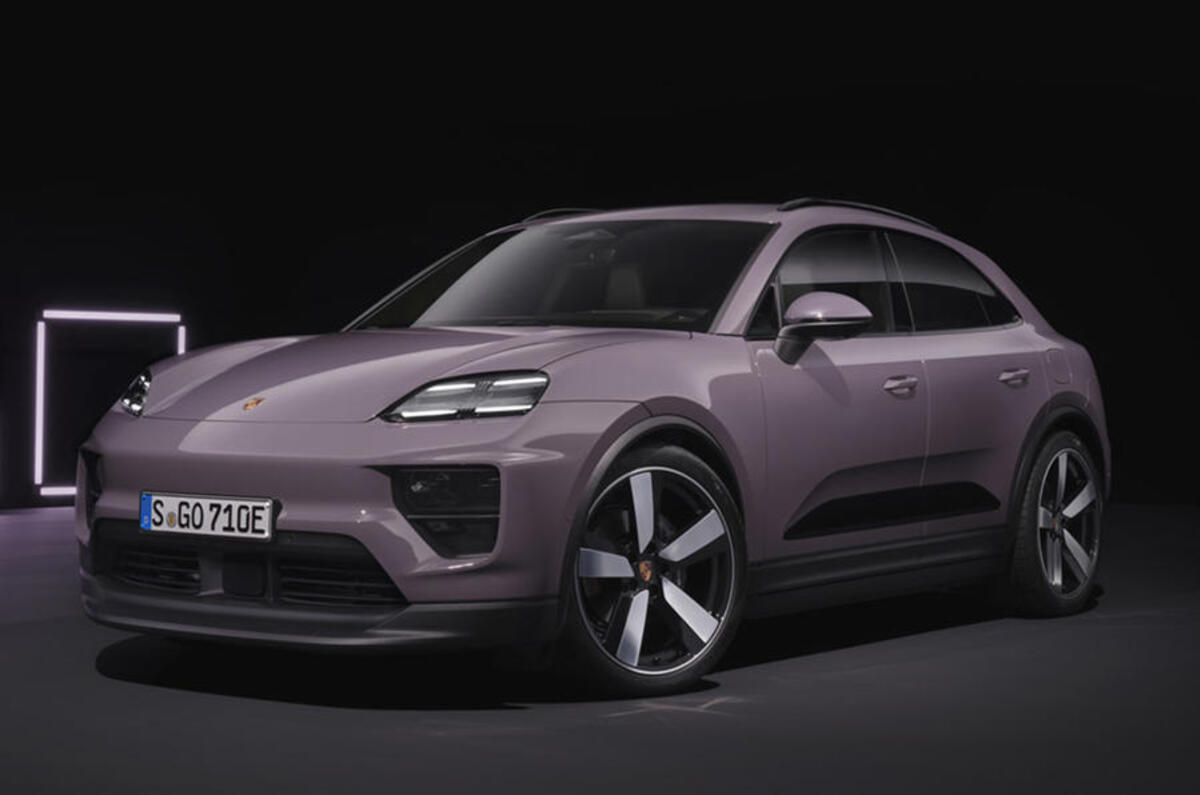Porsche sold a record number of cars for the third consecutive year in 2023, significantly boosting its revenues and profits – but predicts a dip in 2024 as a result of heavy investment in new model lines.
The German firm generated €40.5 billion (£34.6bn) in revenue last year – a 7.7% increase on 2022. Of that, €7.3bn was profit – a near-identical year-on-year uptick.




Add your comment